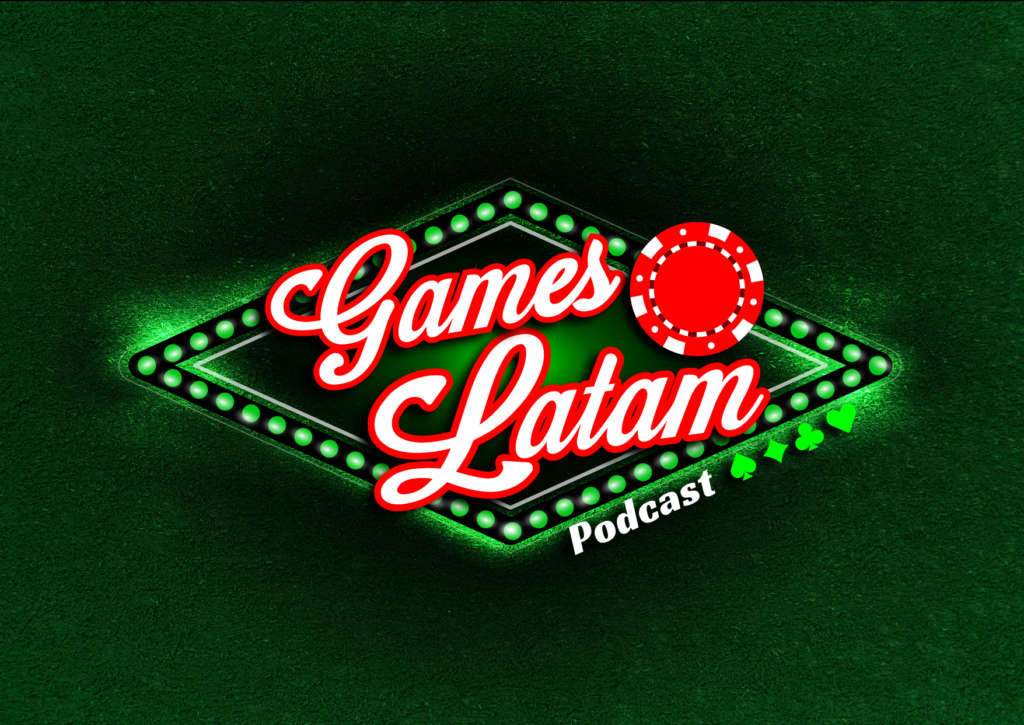Visualize a billion-euro black hole siphoning off Europe’s gambling taxes.
Now, Poland champions a new EU working group to halt unregulated sites, reclaim lost revenue, and protect consumers.
Picture all 27 EU members pooling AI-powered solutions and compliance expertise to dismantle the illicit gambling web.
Find out how Poland’s presidency ignites the fight for regulated, responsible, and robust gambling across Europe.
Poland Champions EU-Wide Offensive Against Illegal Gambling: Will a New Working Group Deliver?
3 Key Points
- Poland, holding the EU presidency, proposes an expert working group to combat unlicensed gambling and recoup lost taxes.
- Member States could share AI-driven technologies, best practices, and compliance know-how.
- Offshore operators face mounting pressure as governments refine strategies, including supplier crackdowns and cross-border legal action.
Poland has called on the European Union to form a working group dedicated to tackling unregulated gambling. The country, which currently holds the EU’s rotating presidency, says European nations need to coordinate more effectively to curb illicit gaming operations. In a note dated 19 December—obtained by Bloomberg—Poland urged the EU Commission to assemble a team of experts who can develop strategies for shutting down or bringing into compliance the offshore platforms that erode tax revenue.
This new working group would function as a knowledge-sharing hub, bringing together regulators, policy experts, and technology specialists from all EU Member States. According to the Polish note, cross-border challenges require collective solutions. With so many markets adopting robust local licensing models, unregulated operators tend to roam freely, ignoring national controls. By forging a unified front, EU nations can exchange best practices, from AI-powered detection systems to joint enforcement protocols.
Poland’s stance reflects growing urgency across Europe. The surge in local licensing frameworks in the 2010s and 2020s has empowered national regulators. Yet persistent loopholes allow offshore operators to persistently target EU players. While fines, website blocks, and blacklists have had mixed success, more advanced tactics are emerging. Notably, some states now target suppliers and payment providers, choking off the resources offshore operators need to function.
In fact, the proposal arrives amidst intensifying legal battles. Increasingly, even “white” or partially regulated operators face litigation if they previously served grey markets in Europe. This environment pressures major brands to rethink expansions into regulated territories or risk liability for historical dealings. Industry insiders, such as White Label Casinos CEO Phil Pearson, say the market is becoming “a lot greyer,” driving operators to seek new jurisdictions beyond traditional havens like Curaçao or Gibraltar.
Pearson remarks that some operators once heavily invested in Malta for compliance and responsible gaming programs. However, regulatory squabbles with other EU states have undercut Malta’s reputation. The result, Pearson warns, is a mosaic of uncertain regulations that pushes players toward more covert gambling channels.
If the proposed working group materializes, expect fresh impetus to unify the fight against illegal operators. Coordinated data sharing may expedite the process of tracking and shutting down rogue sites. Governments could also leverage advanced anti-fraud measures—like blockchain analytics or machine learning—to trace suspicious flows of funds. The idea is to transform fragmented national efforts into a cohesive EU response, thereby closing the door on tax evasion and consumer harm.
Potential benefits include more consistent rules across member states, quicker identification of illegal operators, and, crucially, the recovery of lost tax revenue. Funds from regulated gambling feed social programs, healthcare, and education, so recapturing these resources could yield tangible public welfare improvements. Moreover, a centralized EU stance would help safeguard consumers from unscrupulous businesses skirting necessary checks, such as responsible gambling protocols and underage protection measures.
Admittedly, the devil is in the details. Not every Member State aligns on gambling policy, and some prefer stricter limits while others adopt looser frameworks. Nevertheless, Poland’s note suggests an appetite for bridging these differences under the banner of effective enforcement. Observers anticipate lively debates in the coming months, as the EU Commission weighs feasibility and garners feedback from each national authority.
By urging the EU Commission to establish an expert working group, Poland reaffirms Europe’s commitment to combat unregulated gambling. Leveraging AI and coordinated regulation, officials aim to thwart illicit operators while reclaiming substantial tax revenue. The collaborative push—bolstered by new enforcement strategies—signals Europe’s evolving approach: unify national regulators, strengthen compliance, and protect players from unscrupulous offshore sites. As policymakers adapt to a changing digital landscape, the collective EU effort may finally tame a rogue market once thought too elusive.
The post Poland Urges EU to Form Anti-Illegal Gambling Group appeared first on Gamingo News.
Visualize a billion-euro black hole siphoning off Europe’s gambling taxes. Now, Poland champions a new EU working group to halt unregulated sites, reclaim lost revenue, and protect consumers. Picture all 27 EU members pooling AI-powered solutions and compliance expertise to dismantle the illicit gambling web. Find out how Poland’s presidency ignites the fight for regulated,
The post Poland Urges EU to Form Anti-Illegal Gambling Group appeared first on Gamingo News.
Participe da IGI Expo 2026: https://igi-expo.com/









